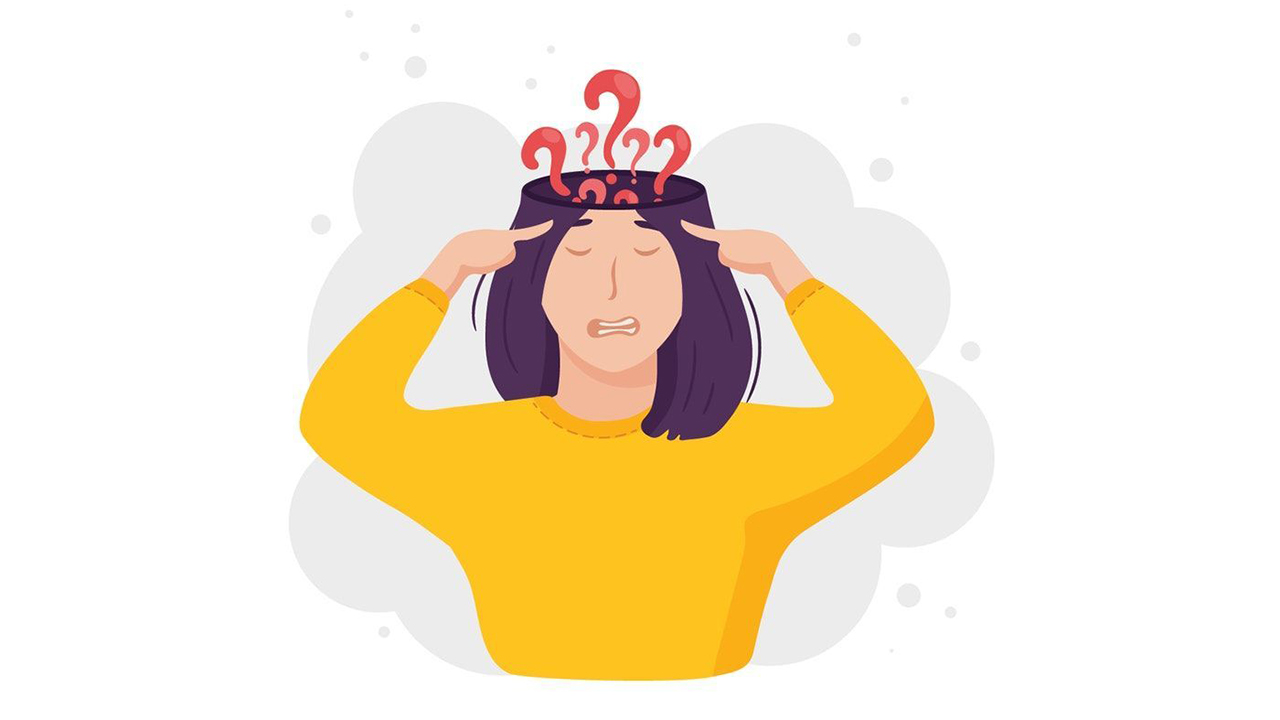

Worries, doubts, and concerns are all part of human life. An overdue bill, a forthcoming job interview, or a first date are all normal concerns. When worry is constant and uncontrollable, though, it becomes excessive. You’re constantly worried about “what ifs” and “worst-case situations,” and it’s interfering with your regular life.
Worrying constantly, thinking negatively, and expecting the worst can have a bad impact on your emotional and physical health. It can deplete your emotional strength, make you jittery and restless, create sleeplessness, headaches, stomach issues, and muscle strain, and make it difficult to concentrate at work or school.
Here are a few tips to throw away the worrying habit
Set up a specific time and location for worrying. It should be the same every day and begin early enough in the day that it does not cause anxiety just before bedtime. You are free to worry about anything that is on your mind throughout your worry period. The remainder of the day, on the other hand, is worry-free.
If an anxious thought or worry enters your mind during the day, write it down quickly and move on with your day. Remind yourself that you’ll have time to think about it later, so don’t stress about it now. Furthermore, writing out your thoughts is far more difficult than merely thinking them, so your concerns are more likely to fade away.
Allow yourself to worry about the thoughts you wrote down if they continue to trouble you, but only for the amount of time, you set for your worry period. You’ll typically find it easier to build a more balanced viewpoint as you explore your issues in this way. If your worries don’t seem essential any longer, simply end your worry time and go about your day.
Make a list of all the potential solutions that come to mind. Don’t get too caught up in finding the ideal solution. Concentrate on the things you can change rather than the events or facts that are beyond your control. Make a plan of action after you’ve analyzed your choices. You’ll feel a lot better once you’ve made a plan and started working on the problem.
Keep reading successyeti.com
Also Read: Ways To Help Prevent Suicide
In today's article, we will learn the importance of happiness and how to maintain it…
Today, we will look at three common mistakes couples make in their relationships regarding intimacy…
In this article, we will learn about the simple ways that can help one overcome…
Check out the list of couples' biggest relationship mistakes in this article.
In this article, we will learn about anxiety and how one can handle it in…
In this article, you will understand the horrifying effects of child abuse.